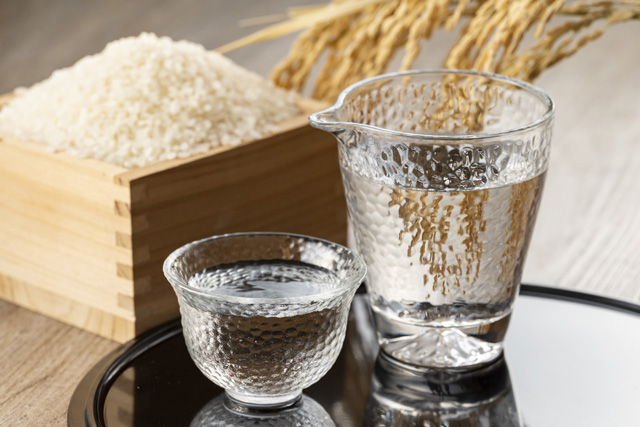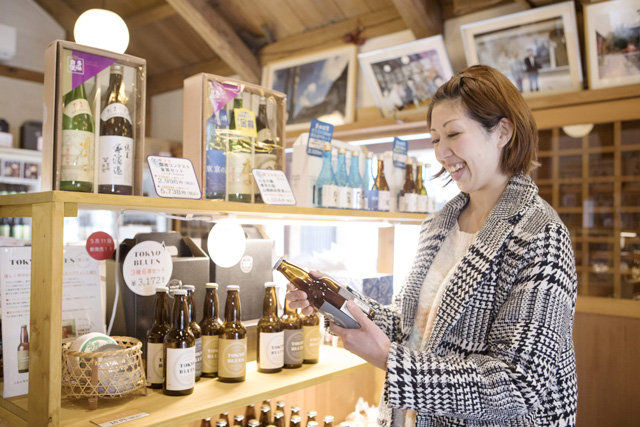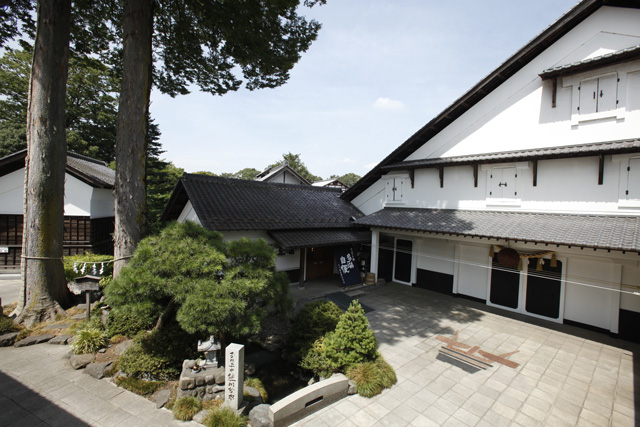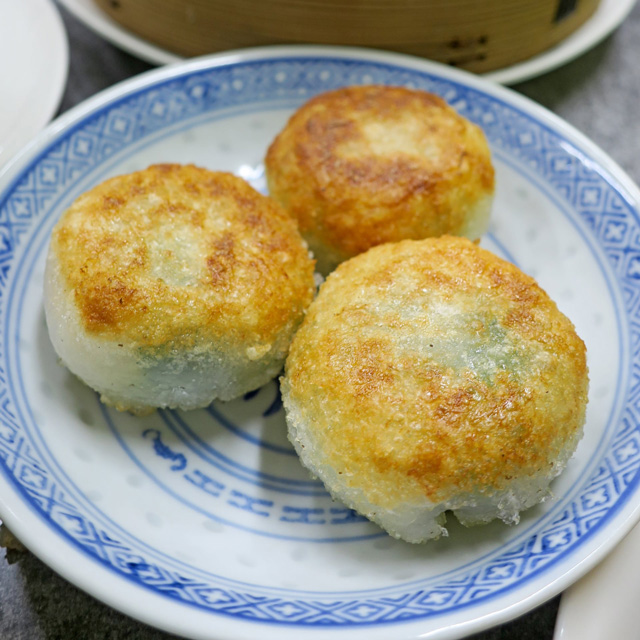March: Sake
March 31, 2025

Sake
Presented at shrines, served to esteemed guests and sold in famous one-cups at the convenience store, sake is ubiquitous in Japan. Made using only four ingredients, it’s a simple but sacred process and is gaining recognition worldwide for the delicate nuance in flavor and the careful crafting behind the centuries-old product.
Sake is made using rice, yeast, koji and water, and each element can affect the flavor and quality of the final product immensely. Brewers select from 900 rice strains, over 100 of which are designed specifically for sake brewing—such as Yamadanishiki—featuring larger grains, lower protein content, and a porous core. From there, the grains can be polished to remove levels of fat, minerals and proteins, with some designated sakes having requirements. Many brewers use natural spring water and add koji-fungus to steamed rice in advance for fermentation. These ingredients are combined for the first step of a three-stage fermentation process known as sandan jikomi, with the second and third stage seeing additional rice, water and koji added to create a mash.

Many Japanese sake breweries feature an on-site shop, offering their finest sake alongside tasting opportunities. (Ishikawa Brewery Co., Ltd.)
Contrary to what many believe, sake is fermented rather than distilled, but has a unique element compared to other drinks made this way. In the process of sake making, the changing of starch from the rice into sugar takes place at the same time as alcoholic fermentation, something not seen in any other alcoholic process. This is known as multiple parallel fermentation and requires careful, skilled methods by brewers, who closely monitor their sake throughout the brewing process. After fermenting for three to six weeks, the sake is filtered and matured before it is ready for tasting.

For those keen to observe the sake-making process in person, Ishikawa Brewery in Fussa City, Tokyo is a fantastic introduction. Brewing sake since 1863, they have been refining the process for over 150 years, with their famed Tamajiman Sake available to taste. Tours involve a certified tour guide to explain their process and history, along with samples of their specialty and signature sake. Wander through the tree-covered grounds and explore the sake cellar, historical museum and brewery, with the option of a meal at the in-house restaurant to pair with some sake at the end. The buildings are designated national cultural properties, and the continued use of hand-brewing is truly remarkable to see.
Fussa City is just an hour from Shinjuku by train or car and is a breath of fresh air after any city stay. While it is known for the U.S. Army base, it also has a long history of sake production and traditional houses, shrines and temples to visit. The former Yamaju Tamura Family House is a beautiful example of Meiji design and once belonged to another sake brewing family, while Fussa Shinmei-sha Shrine is an impressive home for local deities. Seigan-in Temple has beautiful gardens to stroll through with a natural spring and has been worshipped since the 14th century. For a country stroll, the Edo-built Tamagawa Aqueduct is a perfect place to relax, with greenery and cooler temperatures during the warm summer days.

Freshly fried nira manju
When opting for a light lunch or dinner, try the local specialty, Fussa Dog—a hot dog made with sausages from one of Fussa’s two renowned ham producers, Ohtama Ham and Fussa Ham. Each shop adds its own unique touch with original buns and sauces, offering a variety of flavors to enjoy. Another unusual offering is nira manju, a leek bun made with fish paste, bamboo shoots and shrimp wrapped in dough before being boiled and fried. Deliciously moreish, they were first invented at the local store Niramanju Fussa and make for the perfect snack. Due to its international population, it’s no surprise there is a vast array of cuisines available in Fussa, from American to Brazilian, with plenty of fusion foods available too. Take a day out from central Tokyo to explore the history of sake and the modern offerings of Japan today, all perfectly paired in Fussa.
For more details, contact DMC Japan to discuss ideas, locations and rates.
Contact Us


